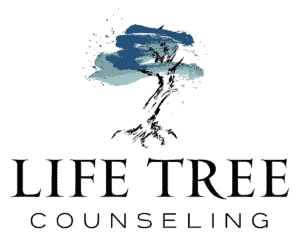ADD and ADHD: Life with ADHD
Living with and loving someone with ADHD certainly presents some intriguing challenges. If we are perplexed, frustrated, and often feeling hopeless in trying to co-exist with ADHD, imagine how intensified these emotions are for those with the neurocognitive disorder whose every personal contact is impacted by his/her ADHD.
The most frequently asked question by parents, siblings, and spouses is “How do I know if his behavior is his ADHD or him…..just doing what he wants to do….being selfish…..choosing to selectively listen…..avoiding responsibility…..being an angry jerk?
Renown researcher and speaker, Dr. Russell Barkley provides critical information in his definition of Attention-deficit hyperactivity disorder (ADHD) as “a specific developmental disorder seen in both children and adults that is comprised of deficits in behavioral inhibition, sustained attention and resistance to distraction, and the regulation of one’s activity level to the demands of a situation (hyperactivity or restlessness).”1 In other words, people with ADHD exhibit impulsivity, lack of ability to focus on demand, and either excessive activity or lack of activity that is often labeled as “zoned out”.
When we understand the core impact of ADHD, we can also accept the inconsistency of ADHD. One of the most puzzling aspects of ADHD is how sometimes the person can be so “on top of things” and at other times so “out of it”. The “sustained attention and resistance to distraction” is something the person cannot control without medication. So yes, she did hear you ask her to go by the store on her way home and she did make a list. Although she had control of her focus at that time, it did not guarantee she would be able to access her focus an hour later. When we can accept this is an unintentional behavior of our loved one, we can choose a different response when she walks in the door without any bags. Knowing the truth, we can also work with our loved one to develop some systems that will result in more satisfying outcomes.
When we are in a personal relationship with those with ADHD, it is difficult to not view their behaviors as being directed towards us. Understanding ADHD enables us to keep things in perspective and not be personally offended by the common ADHD behaviors. A diagnosis of ADHD is not an excuse but rather an explanation of a person’s behaviors. Those with ADHD have the responsibility to acknowledge their symptoms and to moderate their behaviors in order to be a positive contributor to their relationships. Rather than being frustrated by life with someone who is ADHD, we can be supportive partners as he/she works to manage the symptoms. With an informed understanding of ADHD, our relationships can move from frustration and hopelessness to acceptance and hopefulness.
For well over 20 years, Life Tree Counseling has been a, “soft place to land” for so many people. We’d like to help you, too. You can call us right now at 972-234-6634, and we promise to return your call within 60 minutes. Or, visit our website to schedule a time that’s convenient for you, with one of our counselors.
Tags:
